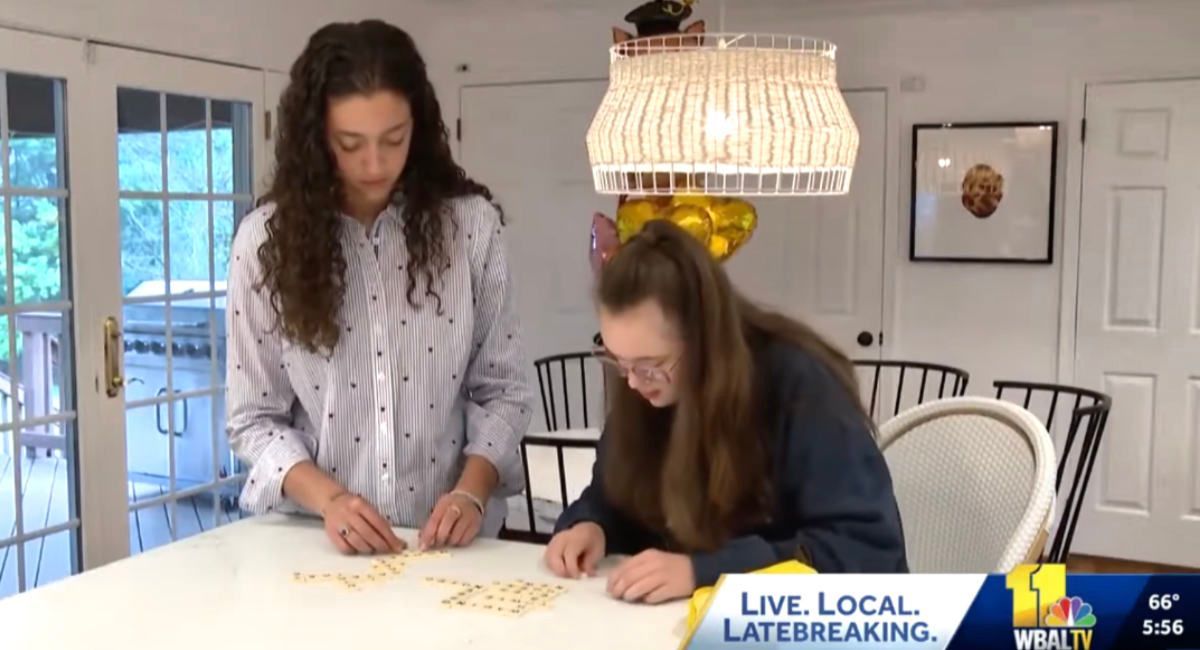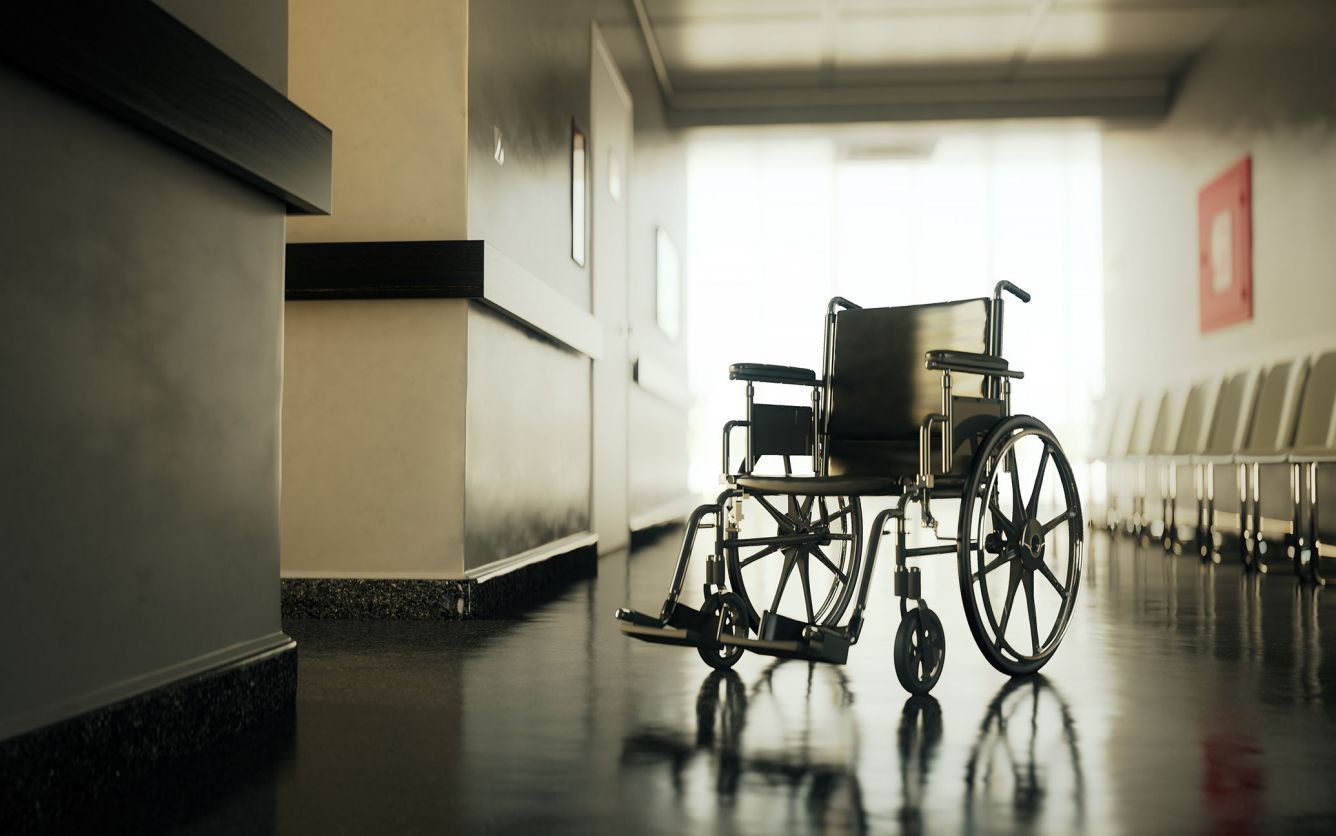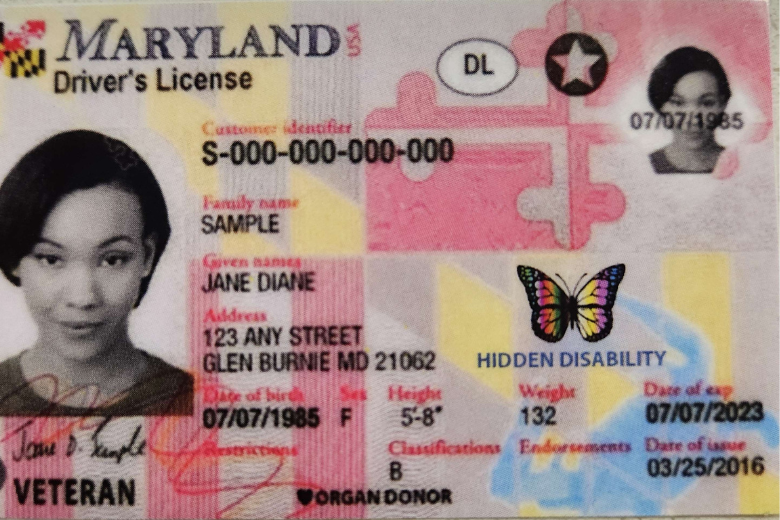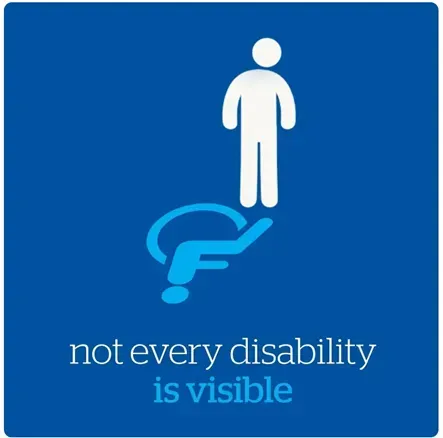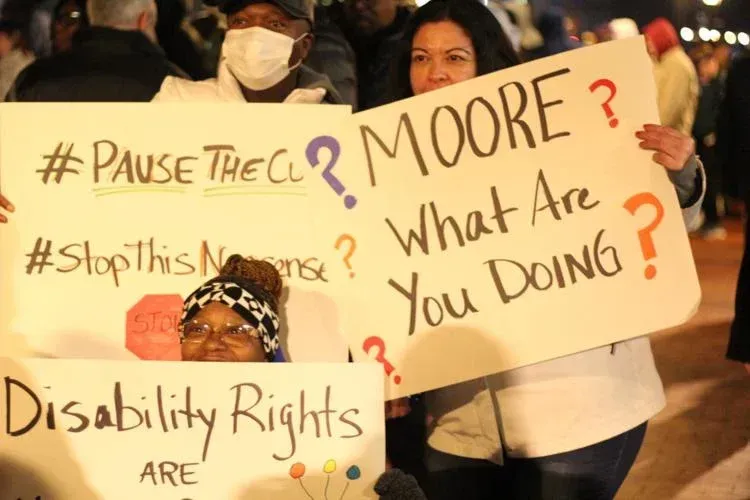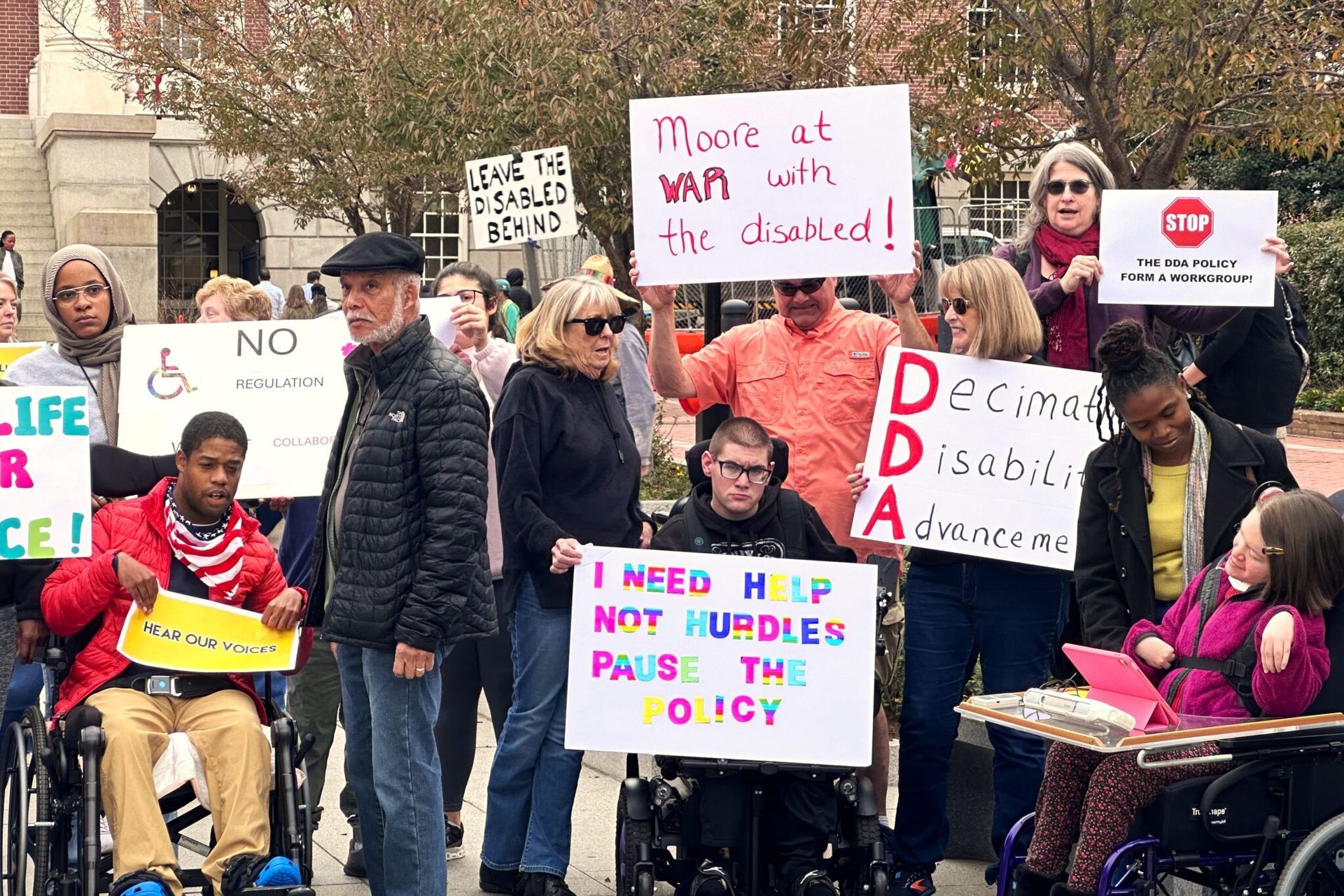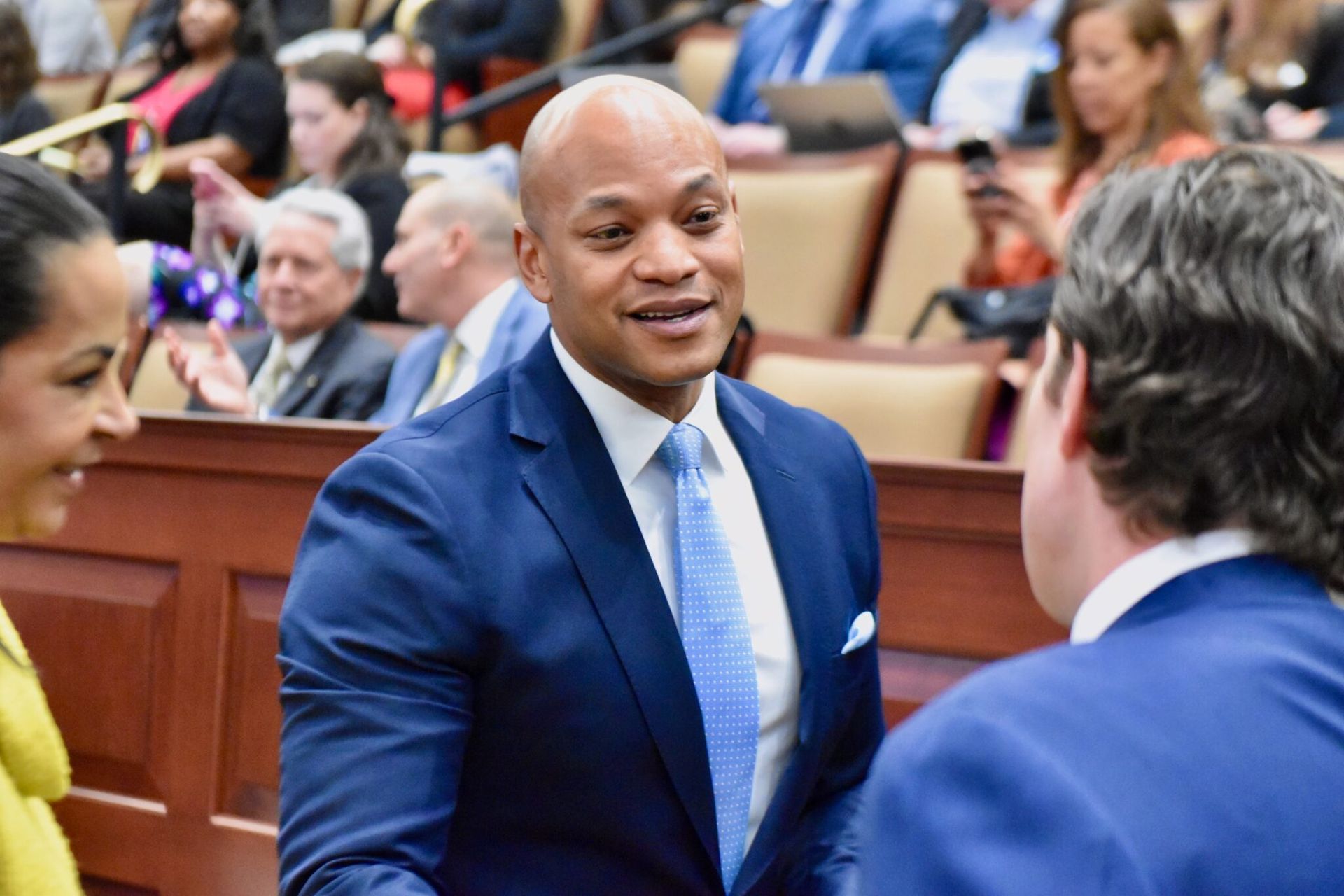New rules in Md. to complicate life for some disabled individuals, advocates say
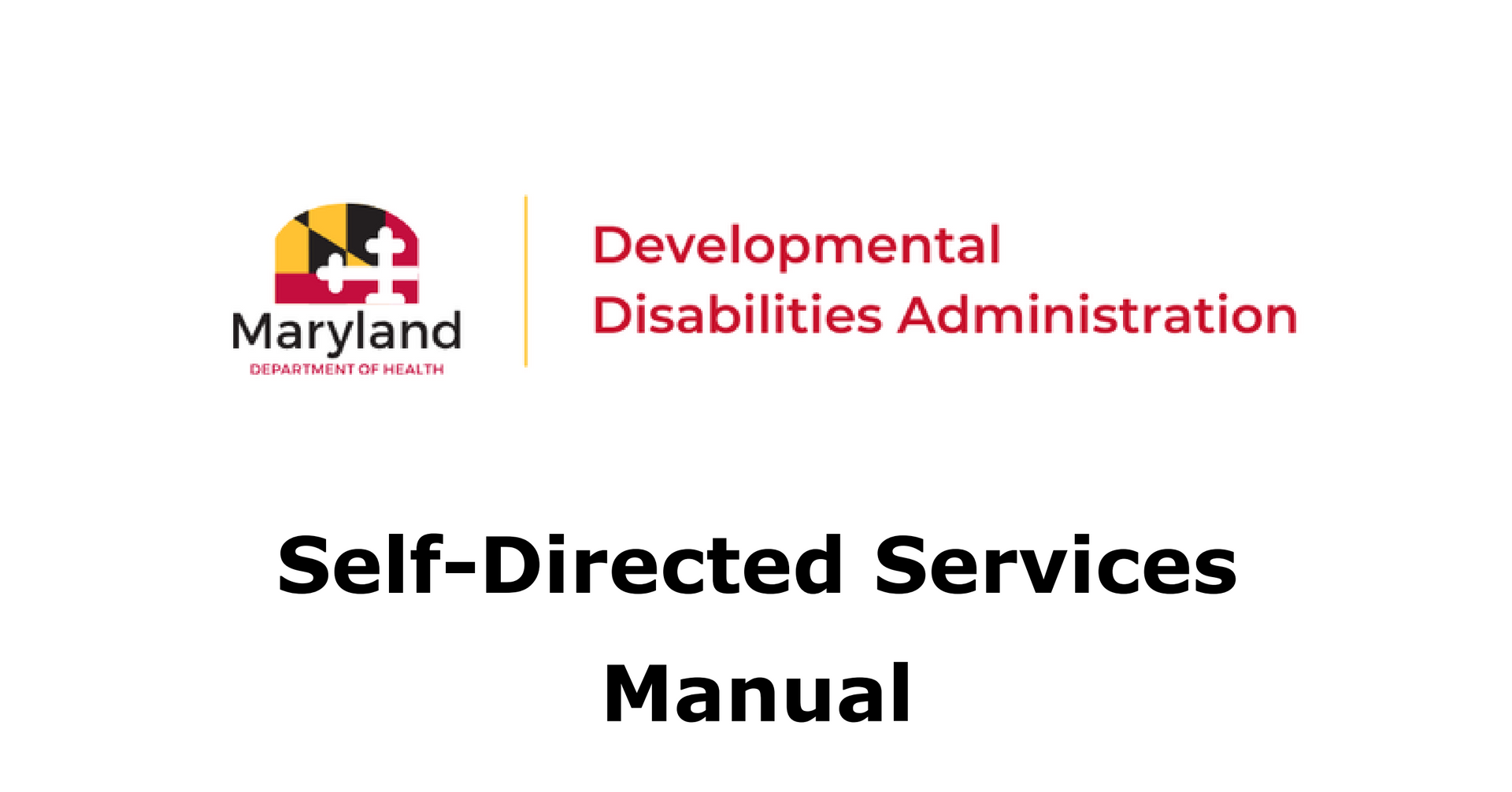
MARYLAND – Caregivers of some disabled individuals in Maryland are wrestling with a whole new set of rules and regulations.
On November 21st, the Maryland Department of Health (MDH) Developmental Disabilities Administration (DDA) unveiled its new 116-page Self-Directed Services Manual. State officials say the guidelines aim to improve the system for those in it. However, caregivers say it’s only creating new headaches.
Self-Directed Families Contend With New Manual
“The number one way it has affected us has just been by throwing us into chaos,” said Salisbury resident and caregiver Michele Gregory. “This was something that was dropped without any fanfare. It was kind of plopped in our laps.”
In Maryland, 3,632 families have opted to be self-directed. By doing so, they can care for their loved ones at home and choose who those caregivers are. The state provides funds to help cover those needs. That includes the ability to hire support staff to help with the disabled family member’s daily needs.
In 2024, about 20,500 developmentally disabled Marylanders received a Medicaid waiver to afford those costs. The person who receives that waiver serves as a designated representative and is responsible for organizing caregiving services. Often, self-directed families provide the care themselves.
Gregory, her husband, and their 30-year-old son Nick are just one of those families. Nick lives with a rare form of epilepsy, and Gregory says caring for him is often a two-person job. However, it’s always been worth it, she says.
“If my son was given a choice between me and his father or someone that he didn’t know in a facility that he’s not comfortable in, I guarantee you he would choose to be with us,” Gregory said.
Wrestling the Rules
Among the new changes, the caregivers cannot be both a legal representative and the one providing care.
“There have been families that are single parents who are caregiving for their child, and they don’t have anybody else to be a representative and be a caregiver for their child or family member,” Gregory said.
Meanwhile, Gregory says she and other caregivers have not received timely compensation for months. She says that they are struggling with what she calls a glitchy online verification platform.
“I think there’s been a consistent disregard for the time and energy that people have to put in,” Gregory said. “I shouldn’t have to call my state legislator to get paid.”
State Officials: Changes to Benefit Program Participants
State officials, however, say the new manual lays out changes made with the best interest of families like the Gregory’s in mind.
In a statement, MDH spokesperson Chase Cook said in part:
“Changes will not only help reduce processing delays—ensuring care providers are paid in a more timely manner and participants receive the level of care they need—but will ensure that these taxpayer-funded services are delivered responsibly and with appropriate oversight, in accordance with state and federal guidelines… The DDA must follow all published rules and guidance, and this process does not always result in service authorizations that match family members’ expectations.”
Cook added that participants who disagree with decisions made in a DDA-operated Medicaid waiver program may appeal through the Medicaid Fair Hearing process. Participants, he stated, are also notified of their right to appeal after a decision is made.
“Improving the Self-Directed Services delivery model will be an ongoing process and engagement with our provider and participant communities is one of DDA’s core values,” Cook stated. “We look forward to working in partnership to promote the delivery of these services for the Marylanders and families who need them.”
Caregivers Unconvinced
Gregory, however, remains unconvinced that the changes will benefit self-directed families.
“Truly, the amount of fraud that they’re going to catch with this is minuscule to the negative impact that’s going to be had by all on the honest caregivers,” Gregory said. “It may cost more for the caregiving on the day-to-day, but in the long run [Nick] is not charging Medicaid hundreds of thousands of dollars for multiple hospital stays every year because he stays healthier [at home.]”
The DDA’s Waiver Advisory Council, meanwhile, is designed to provide program participants a platform to give feedback and make suggestions. However, Gregory says that opportunity will not come for her. She is an active member of the Self-Directed Advocacy Network of Maryland. Gregory has also served on the Salisbury City Council for years.
“I applied for it, I didn’t get it,” Gregory said. “I think I would be the perfect person to be involved in this because I understand the legislative side, I understand the law side, and I also understand the caregiving side of things.”
Looking Ahead, More Information
Now, Gregory is hoping Governor Wes Moore will pay closer attention to the issue. She says it’s for the sake of self-directed families across the state.
“I don’t believe that our governor would want to see the state treating one of its most vulnerable communities this way,” Gregory said. “I truly don’t.”
Citations:
- [ORIGINAL ARTICLE] https://tinyurl.com/yaj2za8d
- [Self-Directed Services Manual] https://tinyurl.com/ytmfzmja

